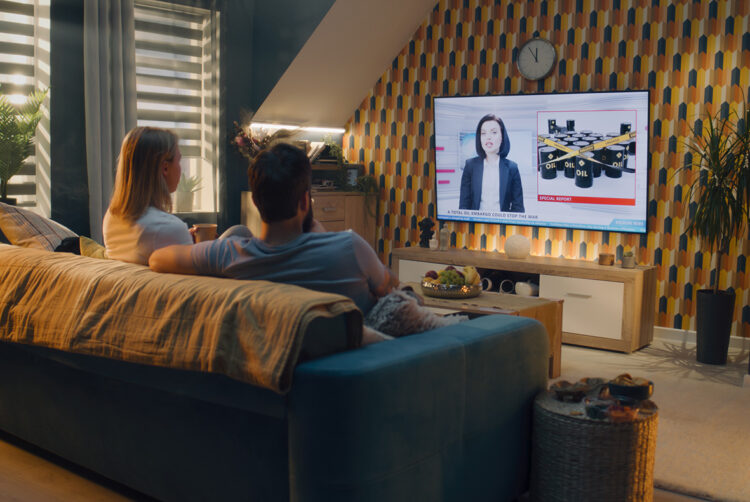|
Maria Iu
TV viewing time in Europe ahead of US


In Europe, average daily TV viewing time totalled three hours and 13 minutes in 2023, compared with two hours and 30 minutes in the US.
That is according to a new study from RTL AdAlliance, which also found more than half of Europeans (53%) still visit linear first when they turn on their TV.
The study, TV Key Facts, described TV’s resilience and the role that AI can play in its evolution.
It noted AI is already assisting in TV content production in areas such as asset generation and is also aiding its distribution through improving accessibility and personalising the viewing experience for users.
Moreover, AI-driven adtech can play a crucial role in media planning and effectiveness measurement to ensure TV and online video receive a fair proportion of adspend.
Earlier this year, EssenceMediacom UK chief strategy officer Richard Kirk suggested that advertisers could be under-investing in TV, while social media could be receiving up to three times more than the optimal level for growth.
Developments in AI tech have also been used by the broadcasters themselves. As The Media Leader reported in September, ITV has released AI-created ads, with more broadcasters considering doing the same. When asked at The Future of Media London whether Channel 4 is developing generative AI-created TV ads, C4 streaming and social sales leader John Cox said it is “definitely something we’re looking at” as part of a push to “break down the barriers to entry” for non-traditional TV advertisers.
GroupM has previously forecast that TV adspend, taking into account digital extensions, will increase between 2% and 4% during 2024-2029.
TV’s ‘tipping point’: In conversation with Sky, C4, Direct Line and Samba TV
